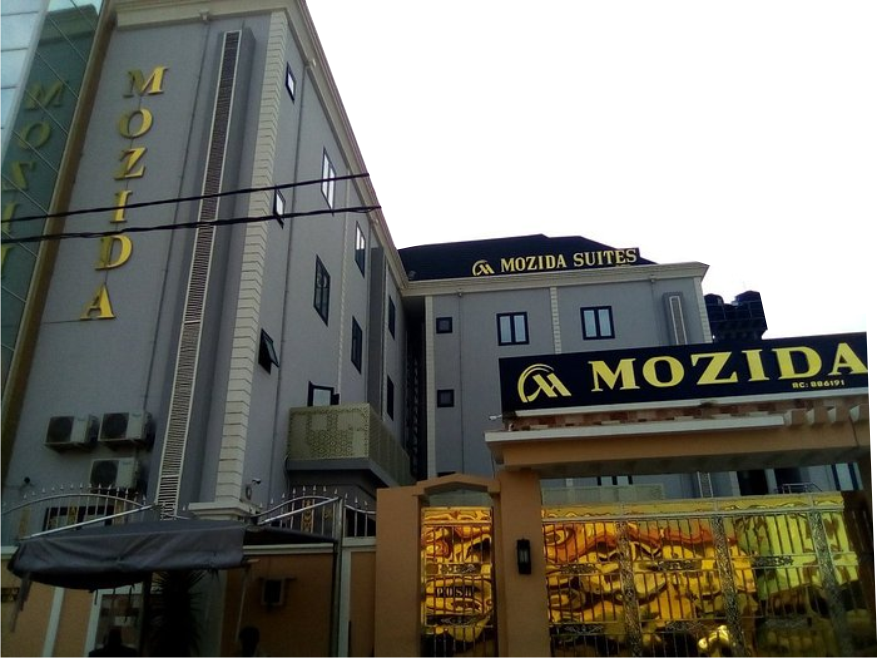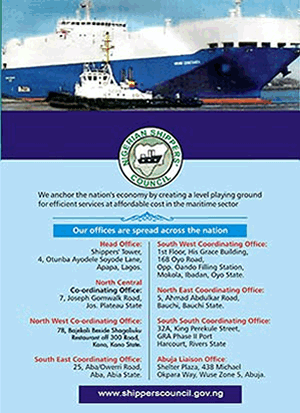

The Emir of Kano, Muhammadu Sanusi, revealed that former President Goodluck Jonathan’s administration reconsidered removing the fuel subsidy in 2011 due to security fears at the height of the Boko Haram insurgency.
Sanusi, who served as CBN Governor from 2009 to 2014, spoke at the Oxford Global Think Tank Leadership Conference in Abuja on Tuesday.
He stated that Nigeria’s current economic hardship stems from the country’s failure to remove the fuel subsidy more than a decade ago.
“The only reason the government compromised at that time and did 50 per cent to 100 per cent was Boko Haram. There were thousands of Nigerians on the streets in Lagos, Kano, Kaduna, and other cities.
“There was a fear that one day, one of these suicide bombers would go to these Nigerians and explode bombs, and you would have 200 corpses, it would no longer be about subsidy,” he explained.The former CBN governor, however, commended Jonathan’s determination to implement the reform.
“You have to give President Jonathan the credit. He was determined to do it, but at the end of the day, the compromise was made to save Nigerian lives,” he said.
Sanusi noted that if the subsidy had been removed then, the economic pain would have been far less severe than what Nigerians face today.
“If Nigerians had allowed the Jonathan government to remove the subsidy in 2011, there would have been pain. But that pain would have been a very tiny fraction of what we are facing today. This is the cause of the delay,” he said.
The ex-CBN governor added that the Central Bank had already calculated the potential impact at the time.
“We worked out the numbers in the Central Bank. I stood up and put my credibility on the line and said, remove the subsidy today. Inflation moves up from 11 per cent to 13 per cent, I will bring it down in a year,” he said.
Sanusi maintained that Nigeria would not be battling inflation above 30 per cent today if the policy had been implemented earlier.
“We talk about these things because it’s important. There is a kind of poetic justice that it is actually the people who led the Occupy Nigeria movement who ended up inheriting the problem and having to do it,” he said.
Subsidy Removal

In his inaugural address on May 29, 2023, President Bola Tinubu announced the end of Nigeria’s decades-old fuel subsidy.
The subsidy, introduced in the 1970s, was intended to keep fuel affordable but became a heavy burden on public finances.
Tinubu’s decision to remove the subsidy, backed by international institute
Jonathan Reconsidered Fuel Subsidy Removal Over Security Concerns — Sanusi
The Emir of Kano, Muhammadu Sanusi, revealed that former President Goodluck Jonathan’s administration reconsidered removing the fuel subsidy in 2011 due to security fears at the height of the Boko Haram insurgency.
Sanusi, who served as CBN Governor from 2009 to 2014, spoke at the Oxford Global Think Tank Leadership Conference in Abuja on Tuesday.
He stated that Nigeria’s current economic hardship stems from the country’s failure to remove the fuel subsidy more than a decade ago.
“The only reason the government compromised at that time and did 50 per cent to 100 per cent was Boko Haram. There were thousands of Nigerians on the streets in Lagos, Kano, Kaduna, and other cities.
“There was a fear that one day, one of these suicide bombers would go to these Nigerians and explode bombs, and you would have 200 corpses, it would no longer be about subsidy,” he explained.
The former CBN governor, however, commended Jonathan’s determination to implement the reform.
“You have to give President Jonathan the credit. He was determined to do it, but at the end of the day, the compromise was made to save Nigerian lives,” he said.
Sanusi noted that if the subsidy had been removed then, the economic pain would have been far less severe than what Nigerians face today.
“If Nigerians had allowed the Jonathan government to remove the subsidy in 2011, there would have been pain. But that pain would have been a very tiny fraction of what we are facing today. This is the cause of the delay,” he said.
The ex-CBN governor added that the Central Bank had already calculated the potential impact at the time.
“We worked out the numbers in the Central Bank. I stood up and put my credibility on the line and said, remove the subsidy today. Inflation moves up from 11 per cent to 13 per cent, I will bring it down in a year,” he said.
Sanusi maintained that Nigeria would not be battling inflation above 30 per cent today if the policy had been implemented earlier.
“We talk about these things because it’s important. There is a kind of poetic justice that it is actually the people who led the Occupy Nigeria movement who ended up inheriting the problem and having to do it,” he said.
Subsidy Removal

In his inaugural address on May 29, 2023, President Bola Tinubu announced the end of Nigeria’s decades-old fuel subsidy.
The subsidy, introduced in the 1970s, was intended to keep fuel affordable but became a heavy burden on public finances.
Tinubu’s decision to remove the subsidy, backed by international institutions, aimed to stabilise government finances.
ADVERTISEMENTS

















